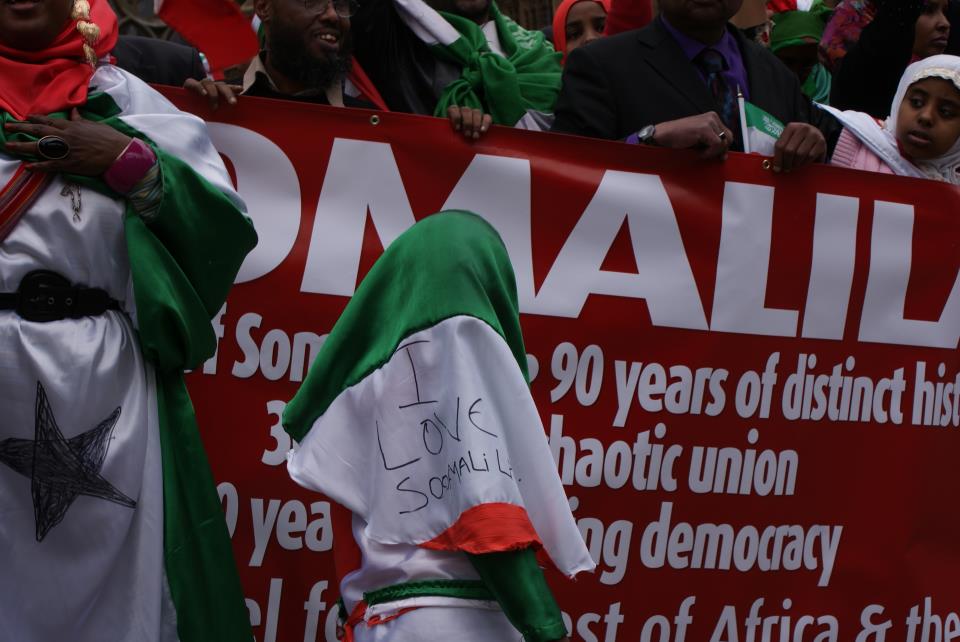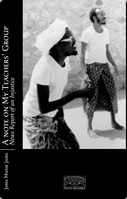 |
|
Spelling Checker
Calendar Conversion
Photo of the Week
Old Articles
Wisdom of the Day
A Note of my teachers
|
(article published but for an error deleted)
With the elections due on the 29th of this month candidates are in full gear in campaigning. Political parties, individual candidates and clan supporters spend money for vehicle rentals, posters, banners, flags, food, political events, party office rent and yes, khat. Some are reportedly spending thousands of dollars per day as they try to garner votes both from clan and non-clan members. In Somaliland, a country in transition to democracy, elections are primarily along clan lines as well as characterized by candidate's appeal to personal loyalties. In the traditional clan system it is the men who make collective decision. This was exercised in the nomination process, the selection of candidates were mostly done along clan lines from whom the political parties chose their list. In some cases, political parties chose candidates based on their perceived popularity and support base. One clan may have 3 candidates in one region distributed among the 3 political parties. Come election day, if a voter chooses to remain loyal to the clan, the choice will be among the 3 candidates from his/her clan even if there are 57 other (Hargeisa for example has 60 candidates competing for 20 parliamentary seats, 20 each political party. The highest 20 will fill the Hargeisa allocated seats) candidates vying for the same position in the region. One may ask where party allegiance comes in or is there such a thing as party loyalty in a newly introduced one person one vote system in a country where clan interest and clan balance is considered a prime concern? Will they vote for women candidates if they have male aspirants as well? Candidates are faced with humongous challenges in campaigning; traveling to rural villages inhabited by nomadic pastoralists is one, given the country’s semi-arid terrain one would have to spend for transportation and food for campaigners. With the country’s high illiteracy rate, teaching people how to vote (each candidate has his/her own symbol, the voter has to tick the candidate’s symbol and does not have to write the name) is another hurdle the National Electoral Commission, political parties and the individual candidates have to confront. Women have the lowest literacy rate in the country, hence if you are to get a woman to vote for you, she would need to identify and remember your symbol. In the past elections (local council 2003, presidential 2004) women and youth composed majority of the voting population who flocked to the polling stations. It is expected that this time, they will do the same; the question is will they transcend clan loyalties and vote for their fellow woman? NEGAAD, the strongest women umbrella LNGO has been conducting voter education. They have mobile campaign teams that travel from village to village teaching people the requisites of voting. They leave posters and stickers with slogans in shops in rural villages encouraging women to vote, the shop owners are taught and becomes the source of information and “trainer” of the villagers. NEGAAD will also play as domestic observers mobilizing other women to be posted in polling stations come election time, however, with limited budget on hand, domestic observers at this time can only monitor 600 out of the 982 polling stations. Sucad Abdi NEGAAD’s chairperson notes that women once again have to work doubly hard to support the women’s struggle for political participation and representation. “We have learned in the past and we cannot rely on empty promises, we have to depend on ourselves to educate women and unite women’s efforts in a male dominated system.” The women of Somaliland have been instrumental in moving this country forward. The growing number of female headed households, leaders of non-government organizations providing literacy classes, economic projects, health services, the mushrooming of organized women on the ground struggling to collectively keep ends meet and the women in the diaspora who continue to send remittances to their relatives here are only few manifestations of their efforts to keep this unrecognized country on track. It is proven that women have played a crucial role in rehabilitating and reconstructing this country from the devastation brought by war. Now that democratic elections provide space for women to enter the male dominated political contest, 7 women once again are struggling to win the electoral battle for political power. The critical question is do they stand a chance? Contents published on: 2006-03-11 (501 reads) |

